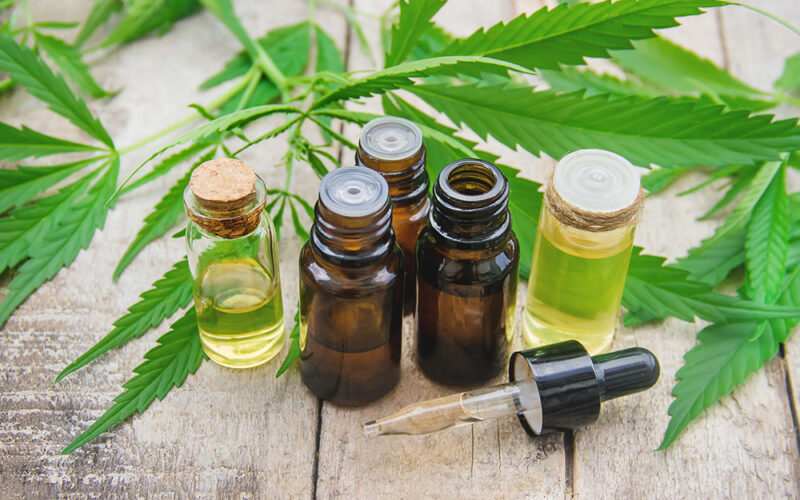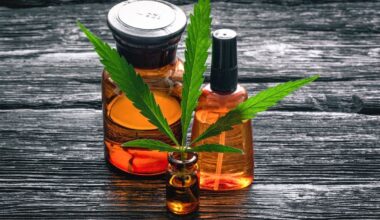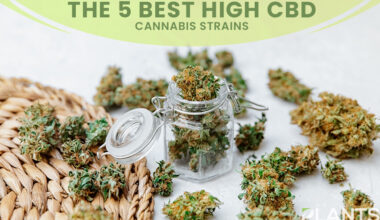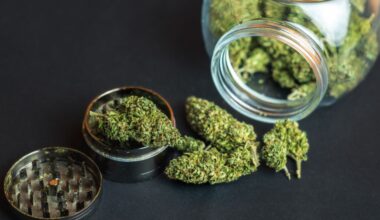CBD Oil 101: Demystifying the Basics of Cannabidiol in Canada
In recent years, the popularity of CBD (cannabidiol) has surged, with a myriad of products flooding the market, promising various health benefits. As the interest in CBD continues to grow, understanding the basics of this natural compound becomes essential for those considering its incorporation into their wellness routines. In this comprehensive guide, we aim to demystify the fundamentals of CBD oil Canada, unraveling the complexities surrounding its extraction, types, potential benefits, and legal landscape.
The Basics: What is CBD?
Cannabidiol, or CBD, is a non-psychoactive compound found in the cannabis plant. Unlike its counterpart, THC (tetrahydrocannabinol), CBD doesn’t induce a euphoric “high.” Instead, it interacts with the endocannabinoid system (ECS) in the human body, regulating various physiological processes, including mood, sleep, appetite, and immune response.
In Canada, the source of CBD is crucial. Industrial hemp is the primary source, containing minimal THC levels (below 0.3%), ensuring that CBD products won’t produce intoxicating effects. As of my knowledge cutoff in January 2022, CBD derived from industrial hemp is legal for both medical and recreational use in Canada.
Extraction Methods: Unveiling the Process
The process of obtaining CBD oil involves extracting the compound from the hemp plant. Common extraction methods include:
- CO2 Extraction: Widely regarded as the gold standard, CO2 extraction uses carbon dioxide to isolate CBD. This method is efficient, producing high-quality CBD oil free from contaminants. It’s environmentally friendly and allows for precise control over the extraction process.
- Ethanol Extraction: In this method, ethanol is used to extract CBD from the hemp plant. While effective, it may also pull other compounds, potentially requiring additional purification steps.
- Oil Infusion: This traditional method involves infusing carrier oils (such as olive or coconut oil) with CBD. While simpler, it may result in lower potency compared to other extraction methods.
Understanding the extraction method is vital for consumers, as it influences the quality, purity, and overall efficacy of the CBD oil.
Types of CBD Oil: Isolate vs. Full-Spectrum
CBD oil is available in two main forms: isolate and full-spectrum.
- CBD Isolate: This pure form of CBD contains only cannabidiol, with all other cannabinoids and compounds removed. It’s an excellent choice for those who want to experience the potential benefits of CBD without any traces of THC or other cannabinoids.
- Full-Spectrum CBD: This type of CBD oil retains all the naturally occurring compounds found in the hemp plant, including a small amount of THC (within legal limits). The combination of cannabinoids, terpenes, and flavonoids is believed to create an “entourage effect,” enhancing the therapeutic benefits of each compound.
Choosing between isolate and full-spectrum CBD depends on individual preferences, sensitivities, and the desired effects. While isolate offers a THC-free option, full-spectrum products harness the synergistic effects of the entire hemp plant.
Potential Benefits of CBD Oil: Exploring Wellness Possibilities
Research on the potential benefits of CBD is ongoing, but some promising areas include:
- Anxiety and Stress: CBD interacts with receptors in the ECS associated with stress and anxiety regulation, potentially promoting a sense of calm.
- Pain Management: CBD has anti-inflammatory properties, making it a candidate for managing chronic pain, arthritis, and other inflammatory conditions.
- Sleep Disorders: Some users report improvements in sleep quality and patterns after using CBD, attributed to its calming effects.
- Epilepsy: CBD is an active ingredient in Epidiolex, an FDA-approved medication for treating certain types of epilepsy.
It’s crucial to note that individual responses to CBD can vary, and consulting with a healthcare professional is advisable, especially when considering CBD for specific health conditions.
Navigating the Legal Landscape: CBD in Canada
In Canada, the legalization of cannabis for both medical and recreational use has paved the way for a thriving CBD market. However, adherence to regulations is essential to ensure legality and safety. As of my last update in January 2022, CBD derived from industrial hemp is legal, but it’s crucial to stay informed about any changes in legislation.
Quality control is paramount, and consumers should choose products from reputable brands that provide third-party lab testing results. These results verify the purity, potency, and absence of contaminants in the CBD oil Canada.
Types of CBD Products: Diverse Options for Every Preference
CBD oil is just one of many CBD products available in the Canadian market. Other popular forms include:
- Edibles: CBD-infused gummies, chocolates, and beverages provide a tasty and convenient way to incorporate CBD into daily life.
- Topicals: Creams, balms, and lotions infused with CBD target localized issues such as joint pain or skin conditions.
- Capsules: Pre-dosed capsules offer a discreet and straightforward option for those seeking precise CBD intake.
- Tinctures: Liquid CBD extracts come with a dropper for customizable dosing, making them versatile and easy to incorporate into various recipes.
Selecting the right CBD product depends on individual preferences, desired effects, and lifestyle. Whether you prefer the simplicity of capsules or the versatility of tinctures, the diverse range of products caters to various needs.
Conclusion: Embracing the Journey with CBD Oil
In conclusion, CBD oil in Canada is more than a trend; it’s a dynamic component of the wellness landscape. By demystifying the basics of cannabidiol, we aim to empower individuals to make informed choices on their journey with CBD. Understanding the extraction methods, types of CBD oil, potential benefits, and legal considerations ensures a safe and enriching experience.
As research continues to unfold, the evolving nature of CBD promises continued insights and innovations. Whether you’re a newcomer curious about CBD or a seasoned enthusiast seeking clarity, this guide serves as a solid foundation for navigating the exciting and transformative world of CBD oil in Canada. Embrace the journey, stay informed, and unlock the full potential of this natural remedy in enhancing overall health and well-being.
Medical Disclaimer:
The information provided in these blog posts is intended for general informational and educational purposes only. It is not a substitute for professional medical advice, diagnosis, or treatment. Always seek the advice of your physician or other qualified healthcare provider with any questions you may have regarding a medical condition. The use of any information provided in these blog posts is solely at your own risk. The authors and the website do not recommend or endorse any specific products, treatments, or procedures mentioned. Reliance on any information in these blog posts is solely at your own discretion.







